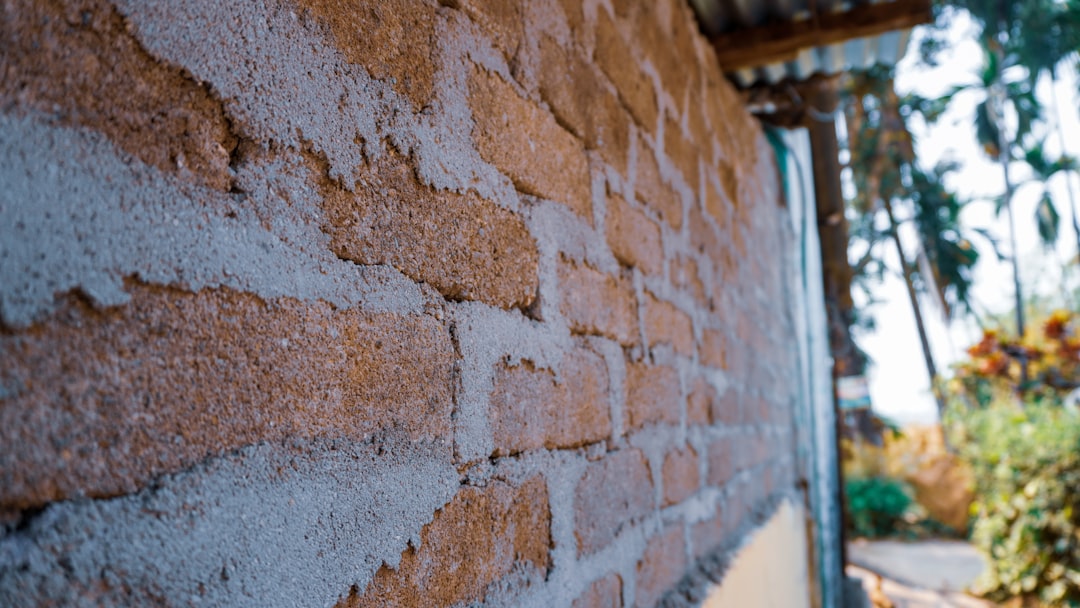
Wall insulation is a critical component in construction, impacting energy efficiency and overall building performance. For professionals in the construction trade, understanding the cost dynamics is essential. Current market rates for wall insulation materials are as follows:
Choosing the right material is crucial. Each option offers different benefits and price points, impacting the overall cost of the project.
Labor costs can vary based on wall height, installation complexity, and site-specific challenges such as obstructions or existing finishes.
Costs can fluctuate significantly based on regional factors such as local labor rates and material availability. It's important to consider these when planning your project.
CountBricks provides a comprehensive solution for estimating wall insulation costs. Our AI-driven platform offers:
Be aware of potential hidden costs such as permit fees, post-installation testing, and additional finishing work.
Consider hybrid insulation assemblies, schedule installations strategically, and bundle projects to reduce costs.
For construction professionals looking to streamline their insulation projects, CountBricks offers the tools and insights needed to succeed. Visit CountBricks.com for more information.

In a recent project, a construction team tackled a full retrofit of a 1960s ranch home. The goal was to improve energy efficiency without extensive demolition.
The team used CountBricks to capture the project scope, identifying 2,050 sq ft of wall cavity for dense-pack cellulose insulation.
Material costs were $2.25 per sq ft, with labor at $1.50 per sq ft. Additional costs included permits and testing, totaling $8,000 plus tax.
The retrofit was completed efficiently, resulting in a significant reduction in energy bills and improved building performance.
For more success stories and to explore how CountBricks can assist your projects, visit CountBricks.com.